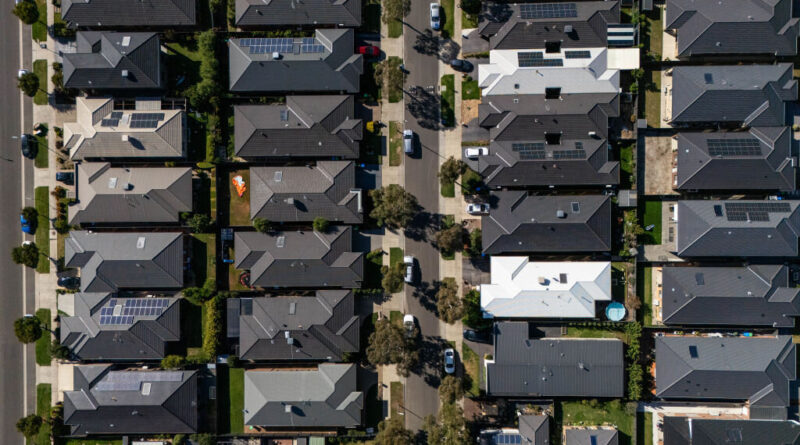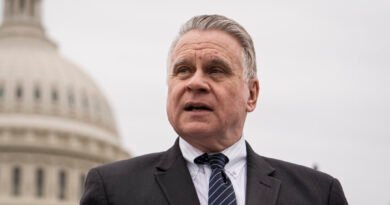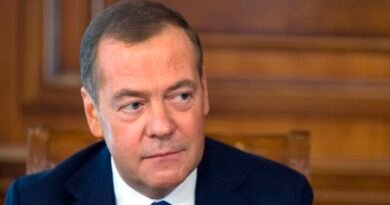Dutton’s Housing Pitch: A Revolutionary Solution for Young Australians Looking to Buy Their First Home
Dutton was campaigning with his son, who is currently saving for a house.
With his own son struggling to buy a home, Opposition leader Peter Dutton said he was disheartened that many young Australians are unable to buy a home.
The election campaign, now into its third week since Prime Minister Anthony Albanese called the election, is now shifting to a debate on housing and the economy.
Dutton was campaigning with his son, Harry, on April 14 in the seat of Ryan, held by the Greens with a 2.6 percent margin.
Dutton said his son Harry is saving for a house but described the market as “almost impossible to get in” at the moment. He avoided answering whether he had helped Harry buy a house.
The opposition leader expressed his desire to address housing affordability, particularly for young Australians.
“It just kills me when you hear young Australians say I am working hard, we are both working hard, we are putting money aside, we just can’t afford it. We don’t think we are ever going to be able to afford a home,” Dutton said.
“This is a game changer for young Australians. It will increase supply of housing by 30,000 homes a year.”
Dutton said the Coalition would be the “party of home ownership.”
“I want to be the prime minister for housing, for home ownership, and for housing affordability and accessibility And I am not going to accept the prime minister’s lies to the Australian people that building 100,000 fictional homes is going to fix the problem, it’s not.”
Dutton also admitted that he expects the median house price to go up under his policy but noted rents had also gone up 18 percent under the current government.
“I want to see them steadily increasing,” he said in relation to the house prices.
“I don’t want to see a situation where Labor crashes the economy and somebody who’s paid $750,000 for a house today is worth $600,000 in 18 months’ time under an Albanese government.”
The Opposition leader plans to limit migration, cap the number of international students and ban foreign investors from buying existing homes if elected.
Dutton said there was “of course” a link between rising migration and house prices.
“If people are coming here through the migration program, understandably they want a place to live. But I’m not going to see Australians displaced from housing, there’s only so much housing stock,” he said.
However, he still plans to allow more skilled traders who can help with residential construction into Australia.
“We are increasing the number of people on the skills list who can come in with trade qualifications,” Dutton said.
Housing Policies from Liberal, Labor
One of Dutton’s latest proposals is allowing first-home buyers who purchase a newly built home to deduct interest payments on the first $650,000 of a mortgage against their taxable income.
Only those with a taxable income of up to $175,000 and a joint income of $250,000 will be eligible.
Dutton argues that limiting it to new homes would encourage more housing supply.
In addition to this, he is also proposing to allow Australians to access up to $50,000 from their superannuation for a deposit for their first home.
The Albanese government argue their policy will enable more Australians to buy a home sooner with lower deposits.
“We want Australians to be able to afford a home where they want to live—close to their family, friends, work and community,” Albanese said during his campaign launch in Perth.
“No competition from property investors—just a fair crack for young Australians.”
Under the policy, the Albanese government would guarantee part of the first home buyer’s home loan, enabling them to buy the property without lenders mortgage insurance.
Labor noted with a median home price in Australia of $820,000, Australians only needed a $41,000 deposit.
Economists from across the spectrum have raised concerns that both policies could drive up house prices for Australians.
On April 14, Albanese campaigned in Adelaide at Nonna’s Cocina in the electorate of Sturt, held by the Liberal Party with a 0.5 percent margin.





